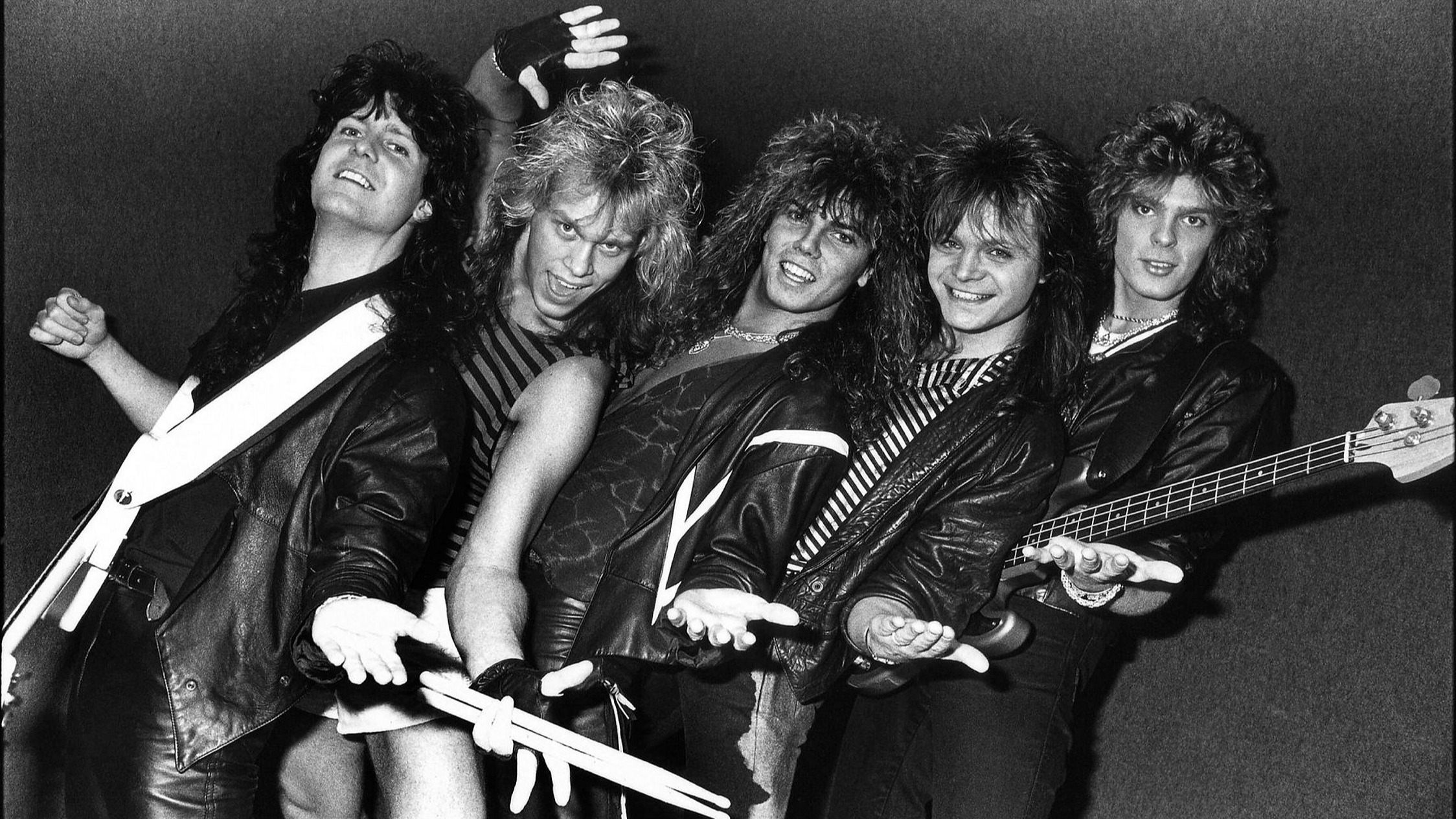As the deadline for the end of the Brexit transition period looms closer, news broadcasters in the UK keep turning to one particular song. The name of the band playing it is pertinent, its opening lyrics feel diplomatic (“We’re leaving together/but still it’s farewell”), but its stadium-sized intro also crackles with ominous dread. The song is Europe’s “The Final Countdown”.
Europe began life in 1979 as Force, a Swedish heavy metal band fronted by Joakim Larsson, who changed his name to Joey Tempest after seeing the title of the Shakespeare play in the school library; Force changed their name to Europe in 1982 to enter a TV talent contest. Tempest had borrowed a brand-new Korg Polysix synthesiser from a friend at college, and wrote a riff on it that he liked. As he told Metal Hammer magazine in 2016: “I always knew it had something. I just couldn’t write a song around it.”
Europe’s guitarist, John Norum, wasn’t as convinced (he later left the band because of the new synth direction they were taking). “When I first heard that synth intro, my reaction was, no, this is nuts. We just can’t use this. Thank God they didn’t listen to me.”
A one-minute version had its first outing at a nightclub opposite the band manager’s office (he thought it would make a good accompaniment to the club’s laser light show). Tempest then added lyrics about leaving Earth and heading for Venus, inspired by one of the first singles he had bought, David Bowie’s “Space Oddity”. Then came a galloping drum machine beat, and a guitar solo
The song was left off Europe’s first two albums for being too “unusual”, but by their third LP (their first on a major label, Epic) they knew it was time to crank up the gears. The album opened with the song; it was also named after it. Released as a single in 1986, “The Final Countdown” reached number one in 25 countries, including the UK. In a year notable for the Chernobyl and Challenger disasters and rising cold war tensions, its lyrics about escaping the world seemed to strike a chord.
Cover versions have been fittingly outrageous. Slovenian industrial band Laibach
Since it was released, the song has been used as shorthand to amplify drama in ridiculous ways. The band played it in a popular US advert for GEICO insurance in 2015: as a man watched a microwave clock counting down the seconds to his burrito being ready, Europe were belting it out in the corner of the staff kitchen. US comedy show Arrested Development used it as a cue for one of its most ridiculous characters, Gob Bluth (Will Arnett), the son of a wealthy family trying to make his way in the world as a David Blaine-style illusionist. Every time the song played, something in his magic show would quickly go horribly wrong.
It has also featured in political campaigns. Hillary Clinton’s team used it to accompany spliced-together news clips of Donald Trump during the 2016 US election drive (they changed the lyrics to “the final meltdown”, to reflect Trump’s reported mental state). In the UK, the Conservative party HQ reportedly played it to staff during the 2019 general election campaign as a motivational tool.
Joey Tempest wasn’t impressed. Late in 2019, he issued a press statement saying he didn’t condone “The Final Countdown” “being used in any political context”. He did tell The Big Issue magazine in 2016 that if he had a vote in the EU referendum, he’d be a remainer. However, he added: “I’ve paid [British] taxes for many, many years… and I’m in the music business. Music is a free place and therefore we don’t want to fence anybody in.” He also revealed that the song was originally called “The Final Breakdown”, a title that may still have pleased news media today.
What are your memories of ‘The Final Countdown’? Let us know in the comments section below.
‘The Life of a Song Volume 2: The fascinating stories behind 50 more of the world’s best-loved songs’, edited by David Cheal and Jan Dalley, is published by Brewer’s.
Music credits: Portrait/Epic/Legacy; Mute; Connor Engstrom; Columbia
Picture credit: Rob Verhorst/Redferns

